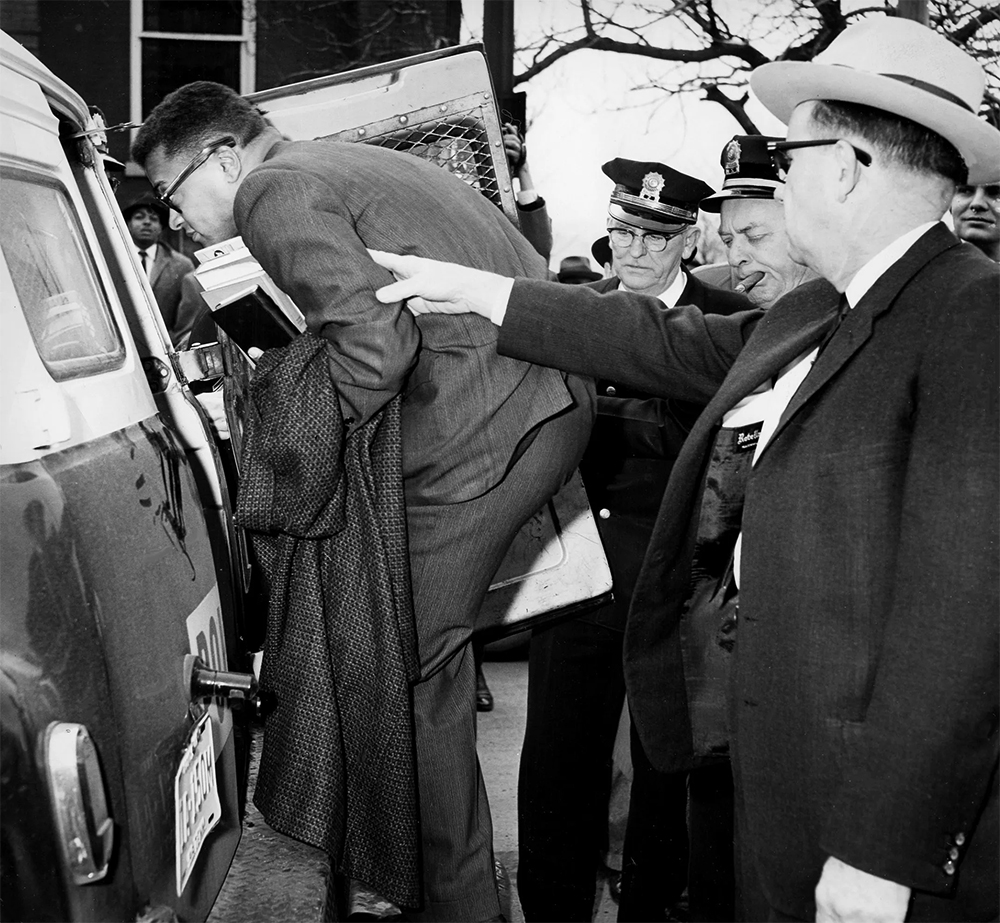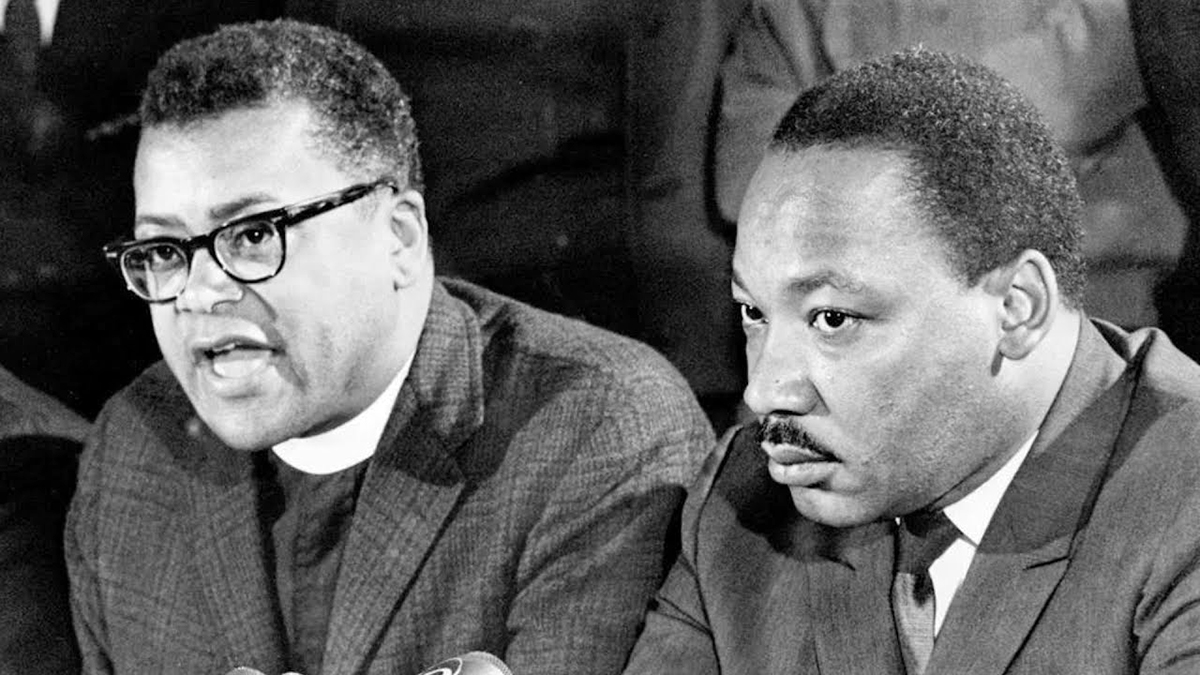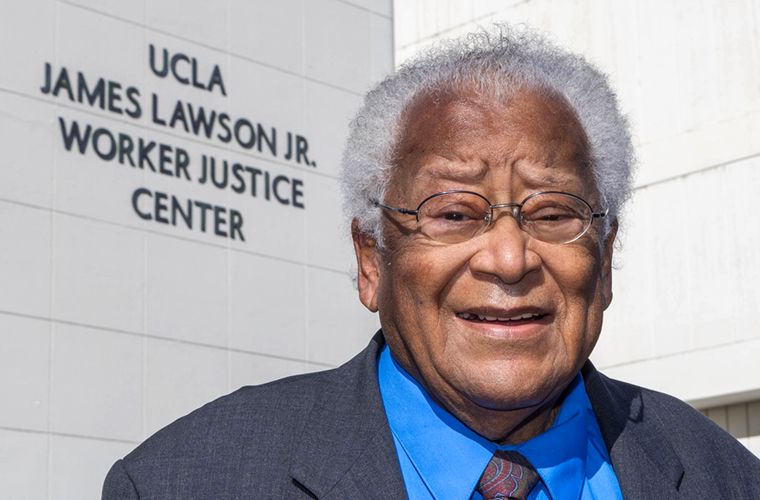Rev. James Lawson is one of the most influential figures in the history of the civil rights movement in the United States. He is widely recognized as a pioneer of nonviolent resistance, a strategy that he learned from studying the teachings of Mahatma Gandhi and applied to the struggle for racial justice and social change.
Lawson was born in 1928 in Pennsylvania, the son of a Methodist minister. He grew up in a segregated society and experienced racism and discrimination firsthand. He was inspired by his Christian faith and his father’s activism to pursue a life of service and social justice. In 1951, Lawson was drafted into the army during the Korean War. He refused to fight and was sentenced to three years in prison as a conscientious objector. During his incarceration, he read extensively about Gandhi and his philosophy of nonviolence. He also corresponded with Martin Luther King Jr., who encouraged him to join the civil rights movement.
After his release, Lawson traveled to India to study Gandhi’s methods more closely. He returned to the United States in 1957 and enrolled at Vanderbilt University in Nashville, Tennessee, where he studied theology. He also became involved in the local chapter of the Fellowship of Reconciliation, an interfaith organization that promoted peace and nonviolence. Lawson began to organize workshops and trainings for students and activists who wanted to learn how to use nonviolent tactics to challenge segregation and discrimination. He taught them how to conduct sit-ins, boycotts, marches, and other forms of civil disobedience. He also emphasized the importance of moral courage, discipline, and love for one’s enemies.

Lawson’s students became the leaders of the Nashville sit-in movement, which started in 1960 and successfully desegregated lunch counters, stores, libraries, and other public places. Lawson also helped to form the Student Nonviolent Coordinating Committee (SNCC), a national organization that coordinated grassroots campaigns for civil rights across the South.
Lawson continued to work closely with King and other prominent figures of the movement, such as Ralph Abernathy, John Lewis, Diane Nash, James Bevel, and C.T. Vivian. He participated in major events such as the Freedom Rides, the March on Washington, the Selma to Montgomery march, and the Memphis sanitation workers’ strike. Lawson’s role in the movement was not without controversy. He faced opposition from some white clergy who accused him of stirring up trouble and violence. He also clashed with some black militants who advocated for armed self-defense and rejected nonviolence as a sign of weakness or cowardice.
Lawson remained steadfast in his commitment to nonviolence as a way of life and a means of social transformation. He believed that nonviolence was not only effective but also ethical and spiritual. He saw it as a way of resisting evil without becoming evil, of overcoming injustice without creating new injustices, and of creating a beloved community based on respect, dignity, and equality for all people.

Lawson retired from active ministry in 1999 but continued to teach and speak about nonviolence and social justice. He received numerous honors and awards for his contributions to the civil rights movement and humanity. He died in 2021 at the age of 93.
Rev. James Lawson was a leader of nonviolent resistance who inspired generations of activists and changed the course of history. His legacy lives on in the movements for peace, democracy, human rights, and environmental justice that continue to challenge oppression and violence around the world.

